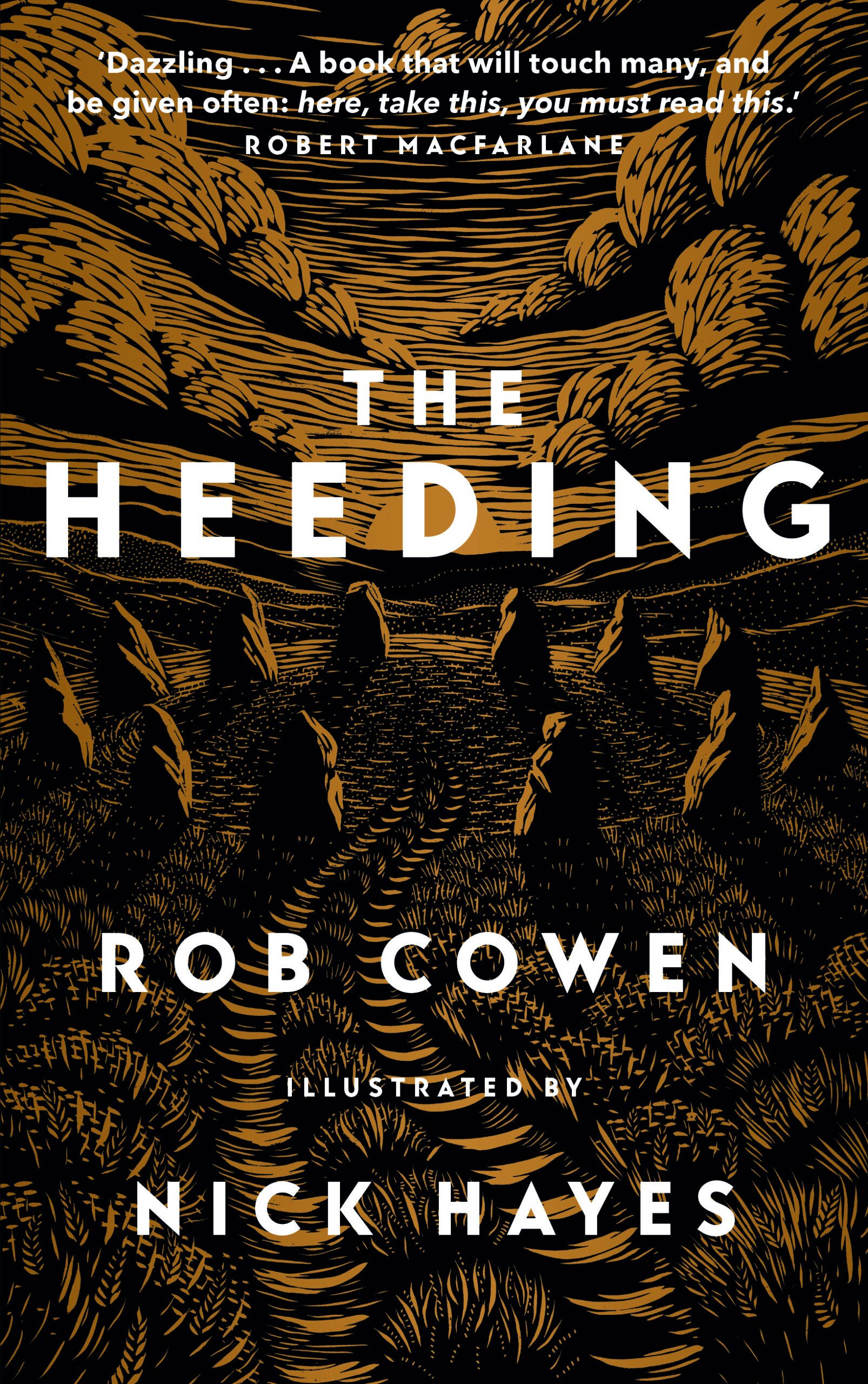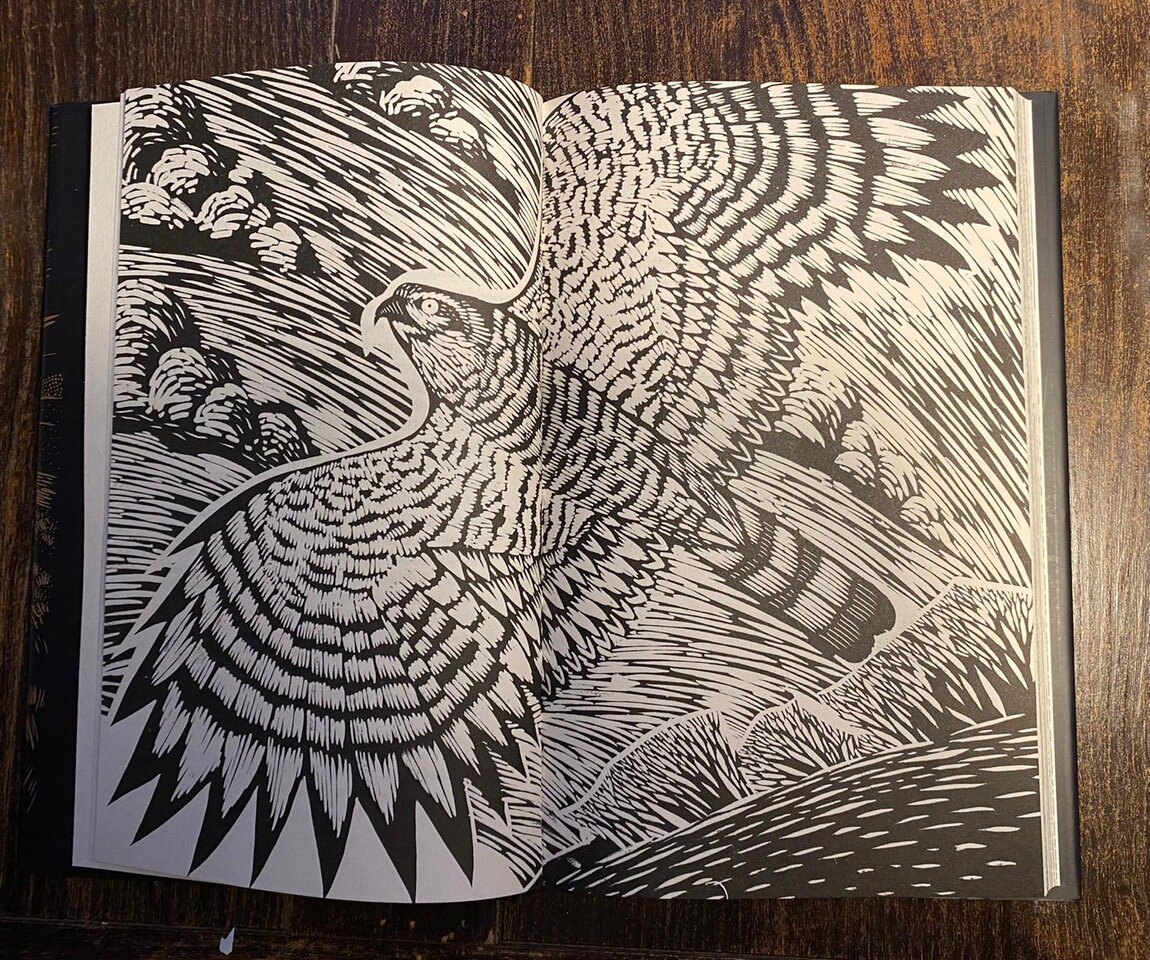Americana – A trilogy by Shannon Finck
/AMERICANA
Pulling strands of hair from my eyes,
I lose my dog down the beach
after gulls.
I watch her until she mottles
the rocks, small plants,
hazy things.
My dad taught me to play the guitar
with America songs.
America songs are all I know.
Yet, here I am on the coast of California,
and America is just the horse
with no name I rode in on.
I love this dog, who is
always running away from me—
a sandy flightless freebird.
I’m writing a poem about you,
I yell to her—the speck of her,
the blur of her, her feet on the wing.
Later, at the foot of the bed,
in a dog dream,
she runs in place.
*
INVASIVE SPECIES
Despicable featherless bipeds, we roost
under a threadbare sheet,
tarred together by behind-knee sweat.
Spliffed, suntanned, we count
each long day left of July,
spending it, getting lucky
in a Pasadena pool house—
its owner, a slammer of screendoors,
host to transcendental meditation parties
attended in pitch dark.
You say you saw David Lynch.
I believe you. It’s pitch dark
as lakes in La Brea.
We squawk through the night—
in the morning, the parrots talk to us.
The stalwart dachshund howls
at flowers by the mailboxes that, too, have mouths.
Something is said about the noise.
I thought my bones were hollow
and yours were adamantium—
a marvel, such mass—
but when we careen
up HWY 1 in the superbloom,
you scream into sunlight,
and I find I have taken root
in the cane cholla with the
trashed star map.
*
APPULSE
The robin has flung full
pectus and ventrum
into the window thrice.
It stands on the porch rail
not stunned, determined,
yellow legs like stalks of foxtail barley
swaying with the Diablos
as if made of wildfire.
It will try again—
the avian arrhythmia
in its sunset breast,
wills the glass to give.
I want to think I know
what unknowable magnetism
causes it to see and not see
and move anyway.
But a bird’s heart
is its own ambit.
When your elbow
bumps the window
where you sit close,
I search the ground for red feathers,
for the body wrenched
like a stiff pocketknife.
It was only me, you say, standing—
only me, clumsy—
and I pitch into your arms, exhaling dryly
into the ridges and canyons,
the firebreaks of your ribcage.
The sky opens, and I fly.
***
Shannon Finck is a lecturer of English at Georgia State University. She earned her Ph.D. in transatlantic modernism with a secondary emphasis in global postmodern and contemporary literatures in 2014. She also holds an M.F.A. in creative nonfiction and narrative poetry from Georgia College (GCSU) in Flannery O’Connor’s hometown of Milledgeville, GA. Her critical and creative work appear in such journals as ASAP/J, Angelaki, Miranda, a/b: Autobiography Studies, LIT: Literature Interpretation Theory, The Journal of Modern Literature, SWWIM, Willawaw, Lammergeier, The Florida Review, and FUGUE. She currently serves as Poetry Editor for the independent literary quarterly, Birdcoat, and is Co-Founder of Ghost Peach Press.




